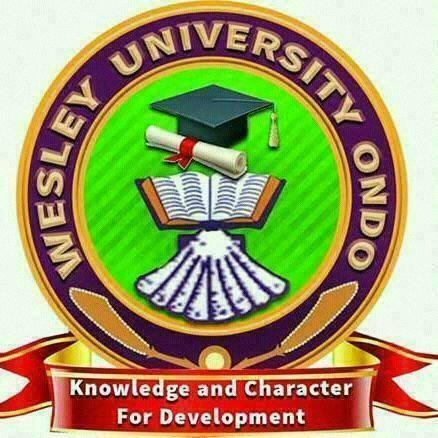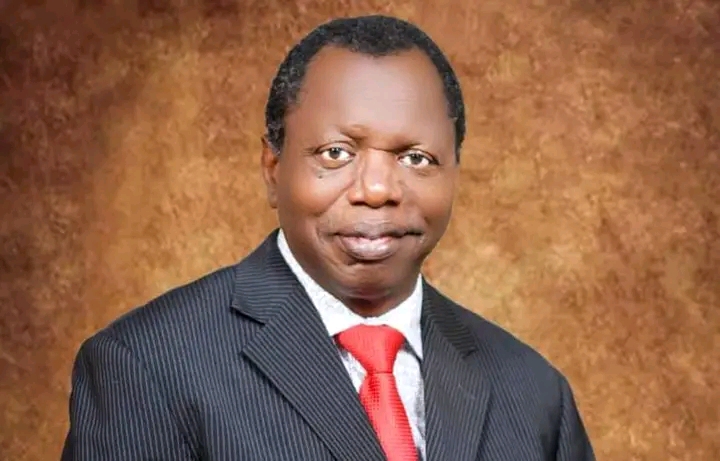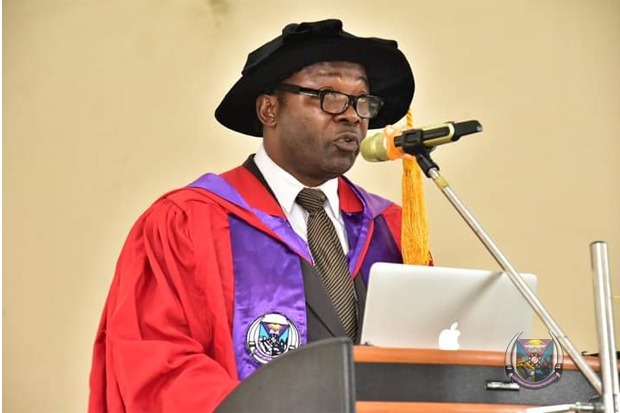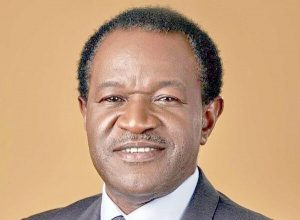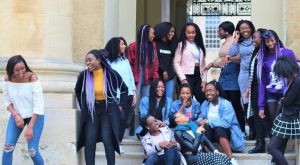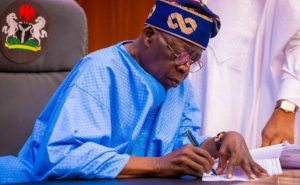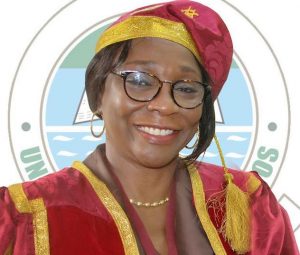
Credit: GettyImages
UNESCO has recognised the official and national language of Indonesia, Bahasa Indonesia as an official language following its ratification at the recent 42nd Session of the UNESCO General Conference in November in Paris.
Bahasa Indonesia, the lingua franca is spoken across the 17,500 islands constituting the Indonesian Archipelago. This landmark decision positions Bahasa Indonesia as the 10th official language of UNESCO, joining the ranks of Arabic, Spanish, Chinese, French, English, Portuguese, Hindi, Italian and Russian.
Mohamad Oemar, Indonesia’s Ambassador to France, Andorra, and Monaco, as well as the Permanent Delegate to UNESCO, highlighted that Bahasa Indonesia is spoken by an extensive population exceeding 275 million individuals. Globally, educational curricula in Bahasa Indonesia are actively implemented in 52 countries, catering to approximately 150,000 non-native speakers.
“The recognition of Indonesian as the official language of the UNESCO General Conference is anticipated to yield positive impacts on peace, harmony, and the realization of sustainable development goals, extending its influence beyond national borders,” expressed Oemar, as cited by Antara News.
This official endorsement is poised to enhance the global cultural and economic awareness of Indonesia, underscoring the nation’s steadfast commitment to cultural development and its interconnectedness with other countries. Outlining 11 key points justifying this decision, the official UNESCO document states:
“The acknowledgement of Bahasa Indonesia as the official language of the General Conference of UNESCO is expected to guarantee fair information dissemination, foster inclusivity, and cultivate a deeper understanding and appreciation of its language and literature, while simultaneously strengthening collaborative efforts with UNESCO.
This recognition reinforces Indonesia’s dedication to advancing global cultures, peace, and sustainable development. Furthermore, it is projected to heighten Indonesia’s international prominence, facilitating increased cooperation that benefits both the nation and UNESCO’s global mission.”
Oemar added, “The Indonesian language has historically served as the unifying force for the nation, dating back to pre-independence times, particularly through the pivotal Youth Pledge of 1928, enabling connections across diverse ethnicities in Indonesia.”
What’s your thought on this story?



